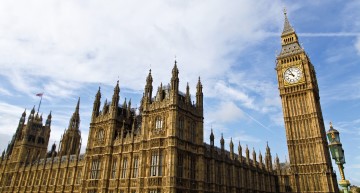New measures to protect pension savers from scam transfers.
17th November 2021

New measures to protect pension savers and help stop scam transfers in their tracks will come into force on Tuesday 30 November. It will mean suspicious pension transfers can be stopped from ending up in the hands of a fraudster, as pension trustees and scheme managers get new powers to intervene.
Where there are tell-tale signs of fraud or methods frequently used by scammers, trustees and scheme managers will be able to prevent a transfer request – giving it a “red flag”. In other circumstances where fraud is suspected, an “amber flag” will pause a transfer until the scheme member can prove they have taken scam specific guidance from the Money and Pensions Service (MaPS).
Jonathan Watts-Lay, Director, WEALTH at work, a leading financial wellbeing and retirement specialist, comments; “Most people typically spend their entire working lives building up valuable pension savings, which is why they are such a lucrative target for fraudsters. The new regulations are really good news for pension savers and an important defence against scammers.
However, whilst it might be an effective measure to help prevent pension transfer scams, there is still the issue of people needing a clear understanding of whether the pension transfer they are planning to make is suitable. It is important to know and understand the risks, such as, if someone is giving up a guaranteed income, losing a protected retirement age or incurring penalties on certain investment types.
Many employers now offer their staff financial education and guidance including workshops, digital tools and helplines. This can not only help their employees to spot scam warning signs, but can also help them to make an informed decision before entering into a pension transfer.”
Links to websites external to those of Wealth at Work Limited (also referred to here as 'we', 'us', 'our' 'ours') will usually contain some content that is not written by us and over which we have no authority and which we do not endorse. Therefore please be aware that we do not accept responsibility for the content of any third party site(s) except content that is specifically attributed to us or our employees and where we are the authors of such content. Further, we accept no responsibility for any malicious codes (or their consequences) of external sites. Nor do we endorse any organisation or publication to which we link and make no representations about them.



